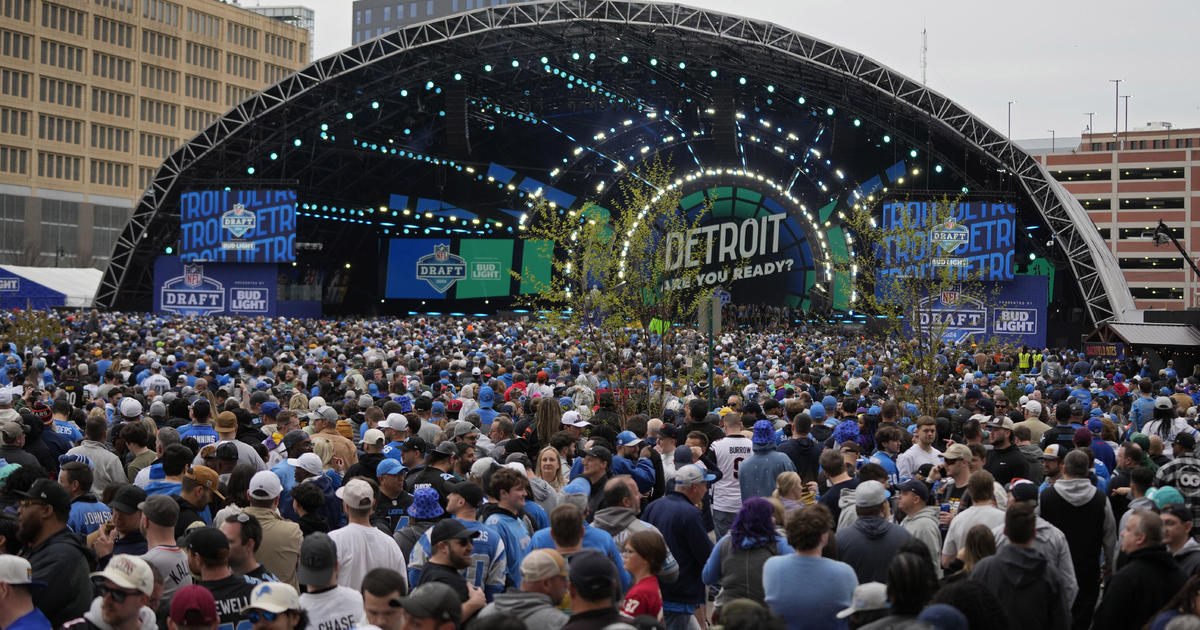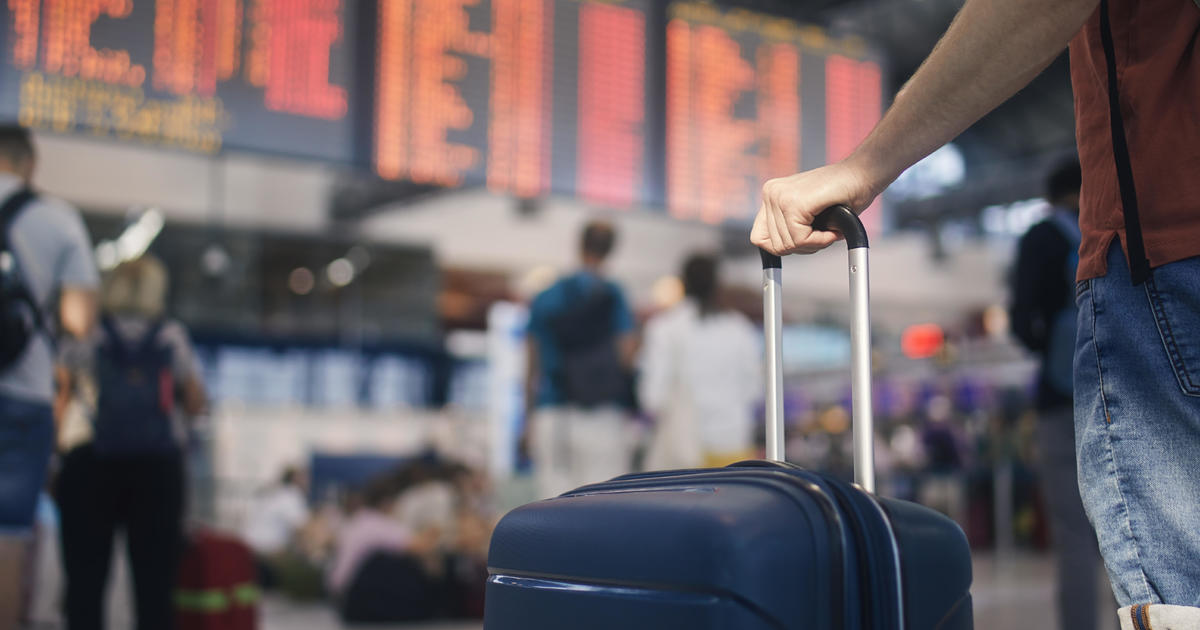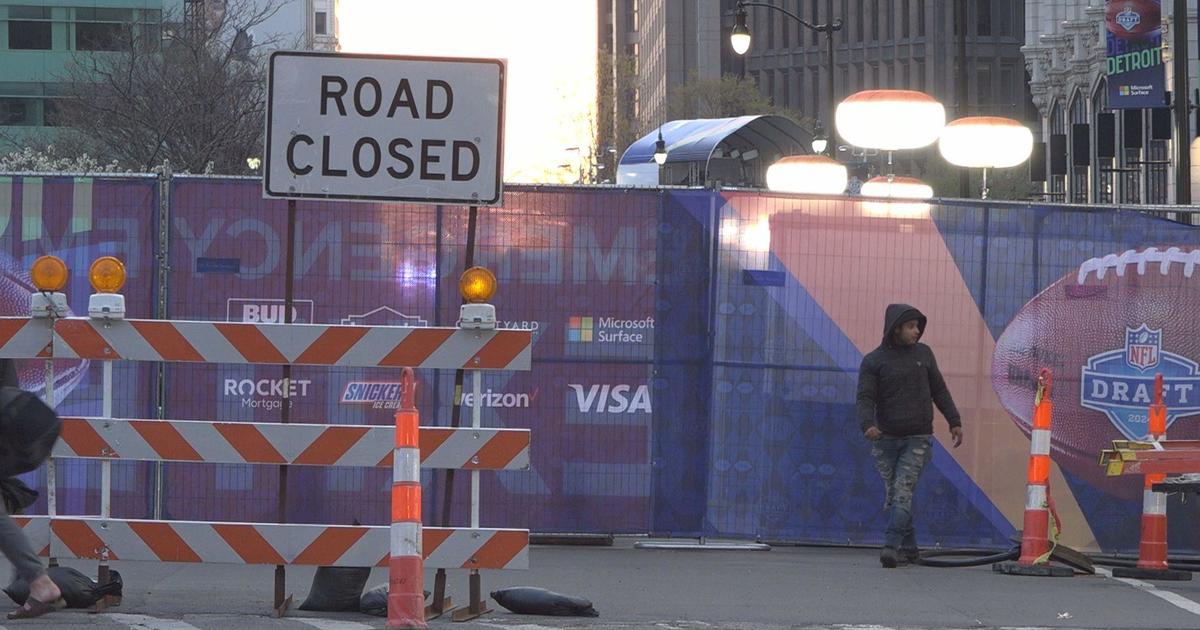Detroit Has Hope After Bankruptcy, But Only If We Forgive [BLOG]
By Eric Thomas
The headline hit like a whip-crack across screens on laptops and smart phones. Many of us, mostly pessimists whose ability to predict the future in Detroit formed in the past few decades, saw this coming. Some clung to a wisp of hope that Kevyn Orr would right the course of this leaky ship. Any optimism came tumbling down the mountain, in large block letters evenly spaced across a white background, "Detroit Files for Bankruptcy," followed by "the Largest Municipal Bankruptcy in U.S. History."
Welcome to rock bottom. Maybe we can take comfort that there's no further to fall. We winced at the headline, those words now forever etched in the history of the city.
That pang of embarrassment felt from the headline was justified. A municipal bankruptcy in the state's largest city casts a pallor on the population, city and suburb alike. The message is clear. We can't work together. Any other state would work it out. They have worked it out. The state of New York worked out its problems in NYC. Pennsylvania did the same with Philadelphia. Detroit's not the only city to teeter on the edge of bankruptcy, but stands alone as the city that fell. That's on all of us, and if you've called Michigan home, you should be ashamed.
Already the assessment has begun, and in typical Michigan fashion we are wondering who should wear the blame. The auto industry, city council, Kwame, the Water Department, and Belle Isle all form a spiral of blame and hate, which accomplishes nothing. The acrimony between city and suburbs hasn't cooled in forty-six years, and it came to a head on the front page of the New York Times and Wall Street Journal. We can't stop fighting, so someone has to intervene. It's embarrassing.
People often blame "The City." It's a label, sometimes meaning the city government, city council or Mayor's office. What is a city? A city is people. People elect, petition, and ultimately run the government. So what's wrong? The people. If you live in or are adjacent to Detroit, the problem isn't "The City." The problem is you. The city is inanimate. You are the problem.
Before you stammer, reminding your accuser that you live in West Bloomfield, remember that you benefit from the presence of Detroit whether you like it or not. A suburb isn't a suburb unless there is a city next to it. Your property value goes down dramatically if you nest near a not-so-major city. You go to Tigers and Lions games, or maybe have a drink and see a show downtown. Public taxes partially paid for your seats at Comerica Park and Ford Field. If the city collapses, those teams have to go somewhere else. Sports franchises aren't forever. They leave. You'll miss them if they're gone.
It shouldn't be necessary to remind you of this, because there should be some empathy, somewhere, left in the hearts of Detroit's surrounding suburbs. There shouldn't have to be a sports context painted when we're talking about the suffering of human beings only blocks from where you sit.
You realize those are actual souls suffering moments from your doorstep, right? It doesn't bother you? Lives are scratched out on streets with grass growing through cracks, garbage gone uncollected and thriving—the smell of rot and death filling the nose of a child in the city you call home every day, and you shrug your shoulders? A person lying in the street, maybe sick, maybe injured, making futile mouth sounds to a person working dispatch who takes the call knowing that this person on the other line, who gasps for help with a rattling throat, won't see an ambulance any time today, maybe not even tomorrow, so the dispatcher must sit there, listening, while a life is choked out on a dirty street under a streetlight whose lamp went dark over a year ago. That scene plays out every day, not in some third world jungle under the rule of guerrilla rebels, but here. As in where YOU live.
The butterfly effect works both ways. If spend your time turning away from the people who need your help, the world that surrounds will reflect that. If you offer empathy and allow dignity to the person who accepts it, you might find the world more forgiving. It's closing time, Detroit. You're officially the largest city to ever declare bankruptcy, and every person in Michigan can share some of the blame, because we are all connected. Regardless of the dividing lines drawn by the toe of your shoe in the sand, this is our community and our place. We're actively denying ourselves that moment—where a hand reaches for another hand to offer understanding, that singular human moment where you and I become we. This city can heal only after we lower our hands.
Detroit needs help, and we all should provide. Nothing can come from the cold war that's trudged along for decades.
If we allow this decay, if we don't learn from the past and we don't learn to work together—the place you call home will only live in a memory. That worst-case scenario came a little closer on July 14, 2013. Only you can prevent it.



